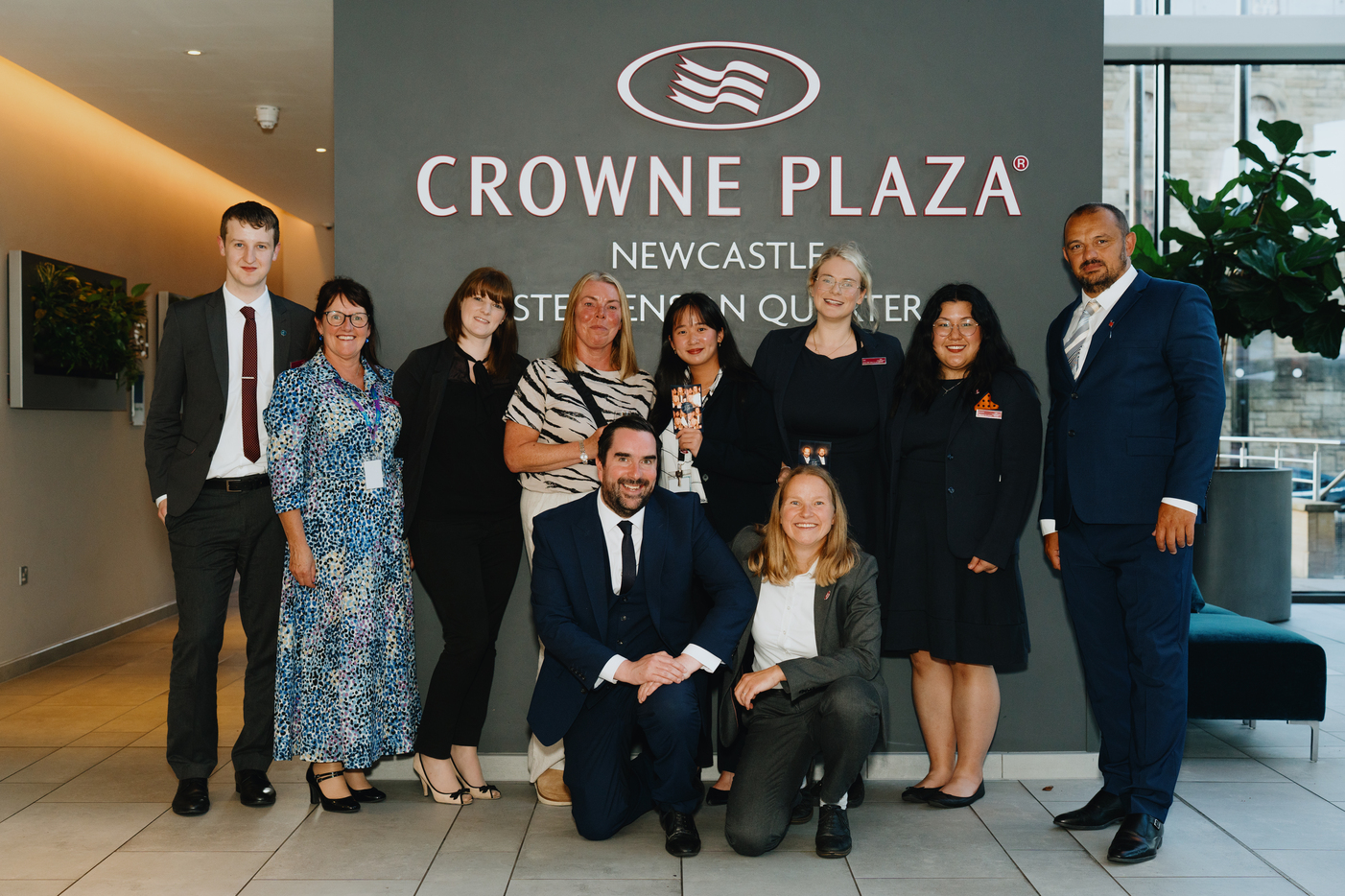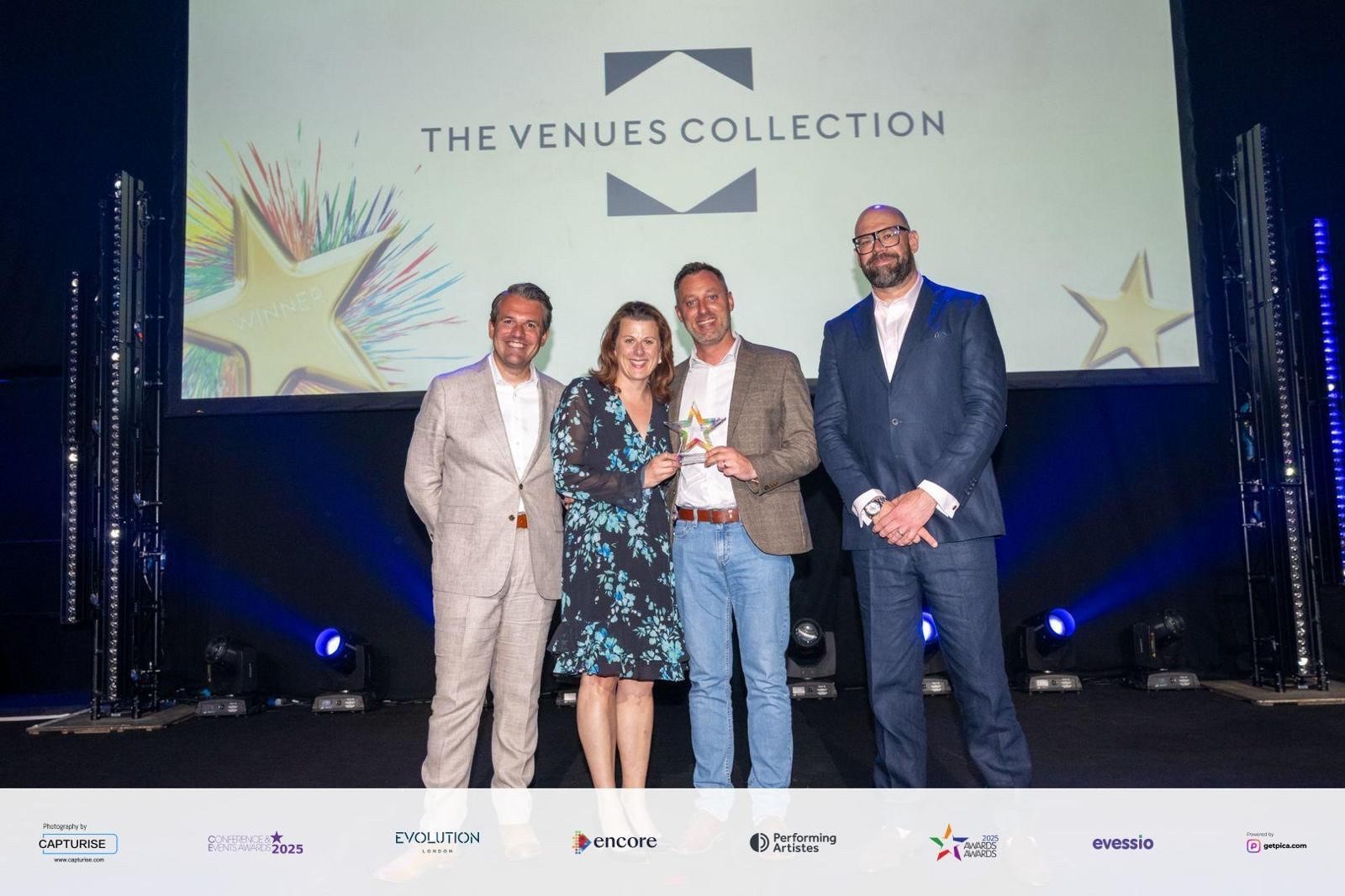Never has it been more important to carefully consider what your delegates will be eating. Globally, people are expecting more from the events they attend. They want to be inspired by the destination, the venue, the content and also the food. Many venues, recognising this trend, and with a view to improving their offering in an increasingly competitive market, have launched their own in-house catering teams, such as London’s The Brewery and Commonwealth Club. In particular, the Emirates Stadium, home to English Premiership football club Arsenal, has really raised the bar by persuading culinary luminary Raymond Blanc to oversee the food at its exclusive Diamond Club Suite, which is now available for corporate hire, with delegates enjoying cuisine from Michelin-starred chefs.
Other venues have enlisted the services of dedicated catering companies for improved culinary consistency and planning, and to broaden their service offering, such as the Queen Elizabeth II Conference Centre (QEIICC) and ExCeL London, which both use specialist event caterer Leiths.
Of course, catering has always been part of the service that hotels offer, but this has really come into its own now, as many are ramping up their events facilities. But hotels, too, have also had to deliver more on the food front. London’s Novotel West, for example, has not only won awards for its service and sustainability, but has even devised a corporate event based around food.
Venues, organisers and caterers are also working together more closely than ever to ensure the food and menus are appropriate to the event and the delegates.
“Different factors apply at every event with regards to the style and kind of catering, such as the type of function (drinks reception with canapés, banquet, buffet, conference lunch, etc), the time of day the catering will be provided, how long it must be available for, and the client budget or customer price point all need to be considered,” says Sally Davis, managing director of group catering at Birmingham’s NEC Group.
John Hearn, executive chef of food design and event management company Tapenade, agrees, adding: “The content of the event can also play a major part. If it’s purely social, or a conference perhaps, this will dictate the logistics of when and where the catering will be needed. In addition, an event may have a specific theme and we’ll work very hard in that case to reflect it both in the menus we choose and the style of presentation.
“In fact, presentation of food is a key area at all of our events, as its influence in customer satisfaction is extremely important,” Hearn continues. “We carefully select our crockery, for example, and on occasions, where appropriate, we use bespoke designs to add a fun element to buffets and desserts. Our theming also extends to drinks, and the serving staff themselves, including their appearance and clothes.”
Venues, organisers and independent caterers also need to take into account the make up of the delegates. “The audience socio-economic profile is an important factor when deciding on the right menu for an event,” says Davis, “including the proportion of male to female guests. We're excited about developments in the concept of 'science' behind food that has hit the media in recent years, particularly now within the health food industry, as well as bespoke gender-specific food and beverages, designed to appeal to individual palettes.”
Meanwhile, Richard Davis, deputy general manager for Leith’s at the QEIICC, stresses that food can have a vital influence on the delegate mind set. “The menu can be determined by the impact you want the catering to make – low key or dramatic, for example,” he says. “Do the delegates want to be pampered or do they want to go away feeling healthy and cleansed?”
One group of recent events that revealed the importance of fine and appropriate catering was the Formula BMW Championships, which consisted of 10 two-day events, each at a different UK race track. “The aim of the events was to present Formula BMW as a premier and prestigious championship, in keeping with BMW brand values,” explains Dan Mann, head chef at Chilli Pepper, which designed and supplied all catering.
Chilli Pepper was required to cater for a predominately youthful audience in a relaxed café-style dining area throughout each day. It provided contemporary and healthy catering hospitality for a minimum of 260 guests at each location, including drivers, friends and families, team managers, sponsors and senior race officials, as well as BMW dealers, customers and prospects.
“We worked closely with the Formula BMW physiotherapist and dietician placing the emphasis on healthy options, high carbohydrate intake for drivers and variety over the weekends,” explains Mann.
Menu selections for the series of events were continuously adapted to accommodate enhanced dietary requirements and special requests from drivers as the Championship progressed from event to event. The positive impact of such attention to detail certainly paid dividends and clearly heightened the experience for everyone involved.
“All of our VIP guests, teams, drivers and members of the media were delighted and impressed by the presentation, quality, quantity and variety of the food and beverages provided,” says Peter Walker of BMW. “The ability to adapt to any changes or special requirements together with a flexible and forward-thinking approach was much appreciated by very discerning customers.”
Although there are clearly no rigid rules to what should be served at events across the board, it’s always a good idea to be pro-active and foresee general trends. With this in mind, Damian Clarkson, managing director of event caterers Red Snapper, stresses what delegates will be looking for generally, and makes some interesting predictions for the future.
“The latest trends have an emphasis on seasonal, sustainable, home-produced products,” he says. “This will lead to a renaissance in people cooking classic dishes using ingredients that are more sustainable and applying cooking methods that require more thought.
“In the next decade sustainability will become a major consideration in every aspect of catering. The mind set of everyone will have to change if we want to have a profitable vibrant food sector. The worst-case scenario would be to carry on current practices without any changes, suddenly realise all too late that certain food products are no longer available and any alterative is priced out of the market due to high demand.
“I think that catering makes a vital contribution to any event, whether it’s a meeting, conference, corporate dinner, private party or launch. Most functions today are based around some kind of dinning experience. Eating is a universal function that has the ability to enhance any event significantly.”







